The Battle Over Aerial Surveillance: A Michigan Case Could Redefine Privacy Rights
In the quiet expanses of Long Lake Township, Michigan, what started as a local zoning dispute has escalated into a potential landmark Legal battle over privacy rights and the use of drones for surveillance by governmental bodies, reports Context.
The case, centered around Todd Maxon and his family, has sparked a heated debate on the balance between public interest and individual privacy in the digital age.
Unwanted Eyes in the Sky
The controversy began in 2018 when Todd Maxon discovered a drone hovering over his property.
“I walk out of my house, with my dog and kid, and here’s a drone, directly above me,” Maxon said about the 2018 incident.
The drone, deployed by Long Lake Township officials, was part of a surveillance effort to investigate a zoning dispute involving Maxon’s hobby of refurbishing old vehicles. Maxon and his legal team argue that the township’s actions, conducted without a warrant, constituted an unreasonable search, thus violating his constitutional rights.
Legal Battle and National Implications
The Michigan Supreme Court’s decision to hear the case signals its potential to set a precedent affecting not just Michigan but the entire United States. The outcome could influence how Drone Technology is regulated and used by law enforcement and government agencies nationwide. As drone usage becomes more prevalent, the need for updated laws to address privacy concerns and technological advancements has never been more critical.

A Question of Privacy and Surveillance
Long Lake Township’s use of drones without obtaining a warrant has raised significant concerns about the erosion of privacy in the face of advancing technology. Robert Frommer, a senior attorney with the Institute of Justice representing the Maxon family, emphasized that such surveillance violates reasonable expectations of privacy.
“When the government hires somebody to fly a drone all over your property … in order to gather evidence, that’s a search under the fourth amendment. It violates a reasonable expectation of privacy,” said Robert Frommer.
The case highlights the broader issue of governmental overreach and the necessity for judicial oversight to prevent unwarranted surveillance.
Outdated Laws in the Age of Drones
Legal experts and privacy advocates argue that existing laws have failed to keep pace with technological developments. With drones offering unprecedented capabilities for surveillance, questions arise about the adequacy of safeguards to protect citizens’ privacy. The U.S. Supreme Court’s rulings on aerial surveillance, dating back to the 1980s, did not anticipate the capabilities and implications of modern drone technology, underscoring the urgency for legal reform.
The Path Forward
As the country awaits the Michigan Supreme Court’s decision, the case underscores the pressing need to revisit and revise privacy laws in the era of drone technology. The outcome could not only resolve a local zoning dispute but also establish crucial legal boundaries for drone surveillance, potentially prompting the U.S. Supreme Court to reevaluate privacy rights in today’s digital landscape.
Todd Maxon’s case transcends personal grievances, embodying broader concerns over privacy, technology, and government surveillance. As America stands on the brink of an “explosion in law enforcement use of drones,” the decision in Michigan could chart a new course for privacy rights and surveillance practices in the United States, according to Context.



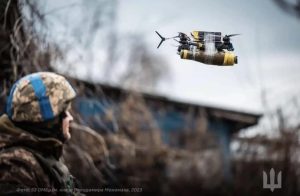


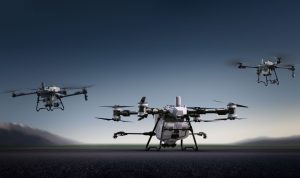
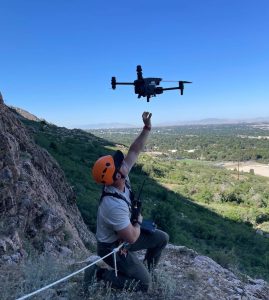
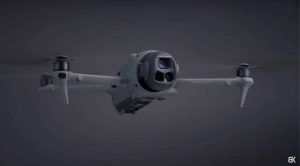






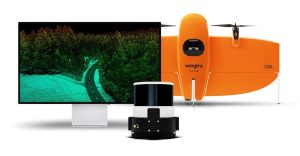
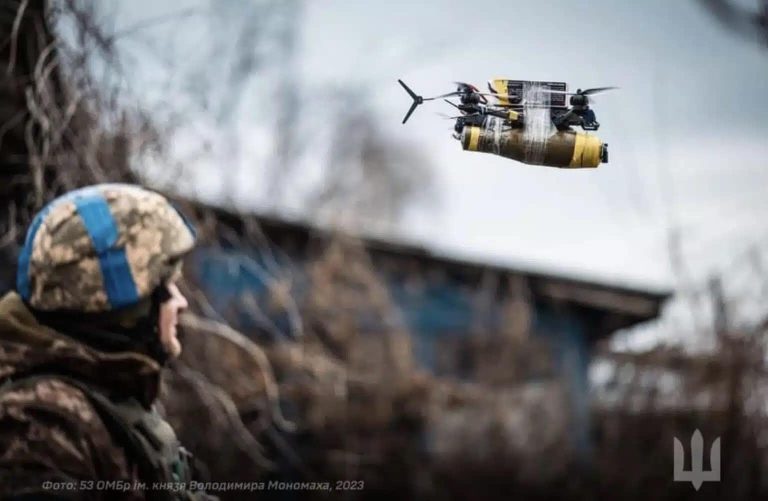


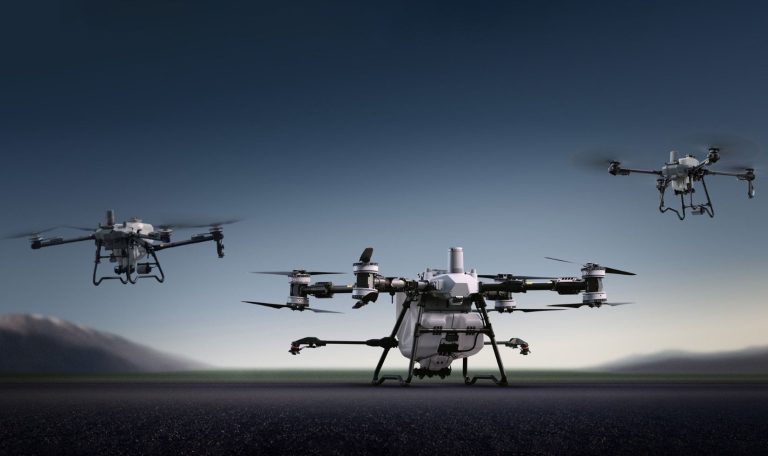
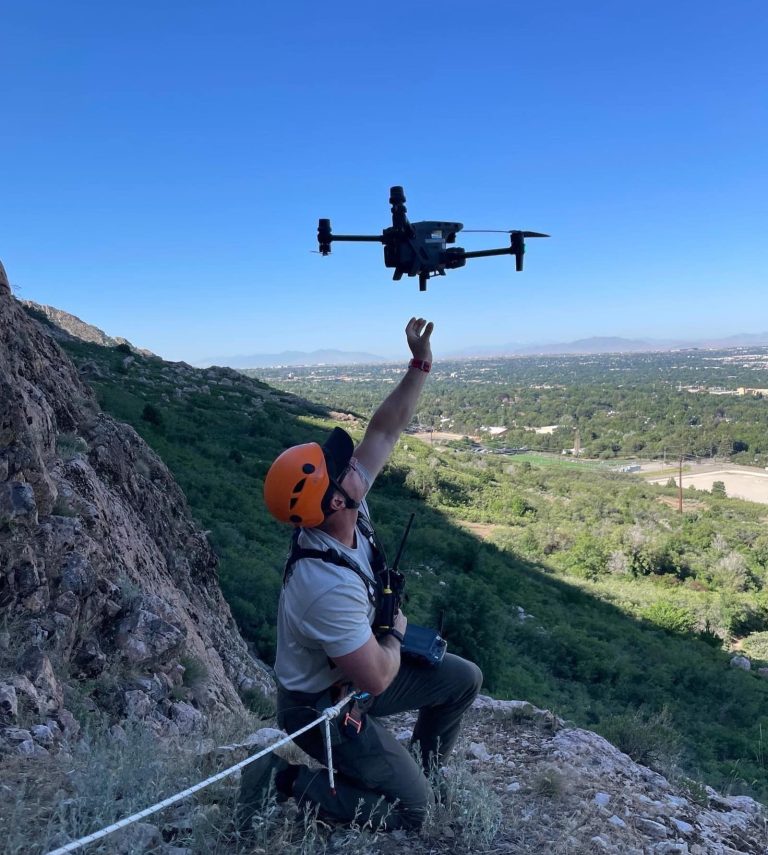
+ There are no comments
Add yours